Working toward French fluency is an attainable goal for anyone who is willing to put in the work!
However, the benchmark for fluency can be confusing and can even seem like a bit of a moving target depending on where you are in your language learning. Some people try to use the ‘high school essay’ trick, which is basically where you use fancy words to distract from the fact that you aren’t actually saying anything of substance.
The reality is, that fluency is not about sounding impressive or fancy, it’s about functionality. Fluency means you can discuss your political beliefs over dinner, call a plumber about the leak in your apartment, or negotiate with business colleagues. Fluency means you can participate in a conversation about any topic – not just the topic you studied in your French lessons that week.
Moving toward fluency also means that you are less focused on formal academic vocabulary, and more focused on phrasing and conversational norms. Many French courses or apps focus on archaic language or overly formal phrasing, but real-world French requires flexibility between formal French or casual French, depending on the environment one finds oneself in.
The Common European Framework of Reference for Languages, or CEFR, defines a common standard for language proficiency. Aspiring language learners can see exactly where they are in their language acquisition, and they can see what the next level of proficiency requires.
The framework ranges from the ability to introduce oneself, at level A1, to the ability to easily express oneself spontaneously and clearly at level C2. The framework is helpful, but there are a few things you may notice as you advance in the French language skills that can clue you in that you’re moving closer to fluency. Here are a few things to watch for and work towards:
Using Humor
Being able to understand and utilize words in a humorous way displays a level of proficiency beyond simply vocabulary acquisition or verb conjugation. Understanding and delivering humor requires knowledge of not just grammar rules, but also social norms, cultural awareness, and semantic rules.
Using humor in a new language is a bit like when a jazz musician begins to riff – they’ve spent time mastering music theory, memorization of scales, and the function of their instrument, and now they can use those rules to create a new and unique combination of sounds.
Humor can give you insights into cultural intricacies that you can’t get in a classroom. It’s normal not to be able to understand and laugh at jokes when you’re new to language learning, but by taking an observational stance, you’ll be able to consider why the hearers find it funny, and possibly even inquire as to why it’s funny.
While you might feel silly doing this in the moment, it will grow your cultural awareness and vocabulary by leaps and bounds.
Unfamiliar Topics
Another sign that you’re making progress in fluency is when you can follow someone else’s lead on discussing topics. In a classroom environment, your tutor may assign you a topic to write about or discuss, giving you plenty of time to research and discover related vocabulary.
However, if you are in a group of friends or colleagues and someone brings up a topic that you don’t have experience with, fluency means you’d be able to ask relevant questions and contribute your own opinions on the topic.
Once your day-to-day vocabulary has expanded to a certain point, you’ll be able to talk about subjects that you haven’t directly learned about. You’ll also be able to contextualize the vocabulary you do know into various situations, and you’ll be able to determine which words with similar meanings are the best fit for the context you find yourself in.
Abstract Ideas
If you’ve found any pattern at all during your French lessons, you’ve likely learned that for beginners, the focus is on concrete ideas. You will likely spend a lot of time at first describing things that exist or activities that are currently happening. “I have one sister,” or “I went to the store and bought an apple” are common phrases to learn in the first few levels of French learning.
This is a necessary phase, as the vocabulary and grammar you use in this phrase will serve as a foundation to your conversation skills. However, to consider yourself fluent, you have to be able to discuss abstract ideas as well.
Saying “I have one sister” is different from saying, “I have one sister but I probably would have had more siblings if my parents hadn’t gotten divorced.” That’s an easy idea to communicate in one’s native language, but in a new language, it requires the proficiency of numerous verb tenses and different realities.
When you are able to express not only past, present, and future realities, but also things that are not concrete realities, you’ll be in a position to consider yourself fluent.
Fluency in French – or any language – is not limited to the ability to give a philosophical presentation in the target language’s equivalent to Shakespearian prose. The goal of fluency is simply functionality. The closer you get to being able to seamlessly function in your life at work, at home, and in leisure time, the more the French language will enrich your life.





